Minoru Hodaka
Birth : 1927-07-20, Hiroshima Prefecture, Japan

Ichigaya Colonel
A fictional account of the life of Japanese author Yukio Mishima told in four parts. The first three parts relate events in three of his novels: The Temple of the Golden Pavilion, Kyoko's House, and Runaway Horses. The last part depicts the events of 25th November 1970.

Samonji, a reporter, receives a message on his answering machine from his friend Takada that says "stop it... zero plan! February." Learning that Takada is dead, Samonji begins an investigation. He and his younger sister Fumiko investigate major events happening in February but cannot find anything relevant. Meanwhile, Kanzaki, a doctor who works at a clinic on a remote island, is working on a plan to extort two billion yen.

The most dangerous hired gun in Tokyo's underworld has managed to trigger a vicious gang war, and now, there's a contract on his life. Though nobody is more skilled in the arts of dealing death, can the tattooed hitman fend off the entire Japanese mafia as he searches for the man who wants him dead?

When a rebellious roughneck enlists in the Navy and goes on a rampage against his superiors, he is sent to the Yokosuka Naval Prison.
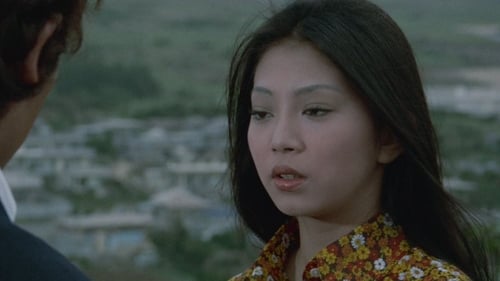
Asamiya Miyazato
Detective Kikuchi is sent to Okinawa to investigate why a girl jumped from a window after shooting heroin. There, he encounters the usual assortment of addicts, dealers, pimps and sleazy American GIs.

A high-ranking yakuza rises to national notoriety.

Takeshi Ijuin leaves for Chicago to be a cameraman, and a few years later returns to Japan. But he only learned the technique of homicide in Chicago. When he visits the graveyard with his father to pray at his mother's tomb, his father is shot by someone. Now he thirsts for revenge.
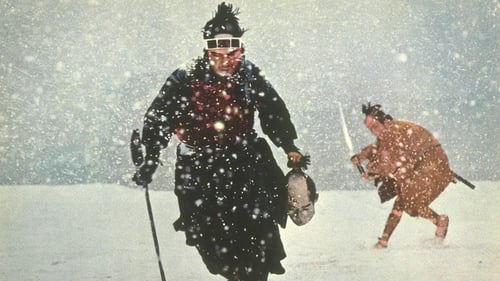
This anthology film consists of nine incidents in the late 19th and early 20th centuries when assassins changed the course of Japanese history.
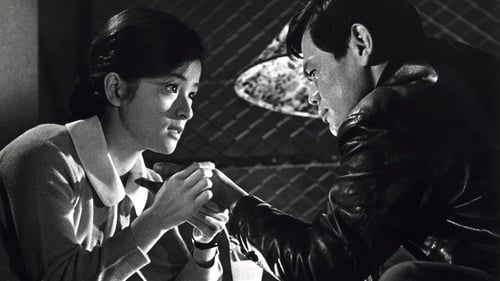
Police investigators investigate the link between a serial killer's machinations and a young man who committed suicide.

The lord of the Oshi fief is killed by his trespassing neighbour, the cruel and despotic Nariatsu, son of the former Shogun. After an investigation, the Oshi clan is blamed for what happened and sentenced to be disbanded. Eleven of the best samurai of the clan refuse the sentence and are willing to give their life for justice.

A story of young students trained to become Kamikaze pilots in World War II.
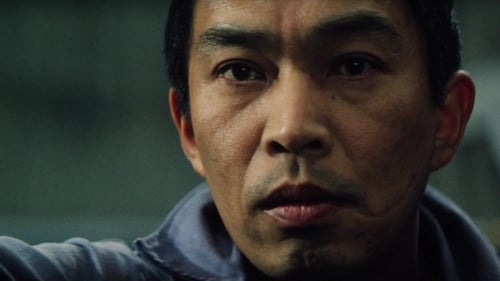
A former soldier is caught working the black market and sent to prison while his partner escapes and goes on to become a gangster, but their paths cross again as they both fall in love with the same woman.

Japanese drama.

Shogun
Loyal samurai Samanosuke is attacked, mutilated, and left for dead while carrying out a mission for his clan. He recovers but has lost an eye and an arm. Taking a new identity as Tange Sazen, he searches for a stolen urn which has hidden significance to his clan. But Tange Sazen has his own reasons for seeking the urn.

Motomura
A bunch of young, angry and penniless misfits are full of great vitality. They aren’t quite up to joining the yakuza and execute a variety of petty scams. After being approached by a yakuza and asked to become a spy for them, they are now planning to take 10 million yen from the yakuza.
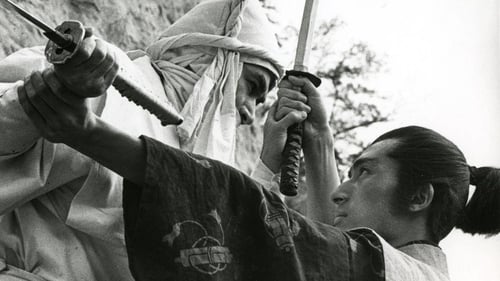
Genba Kuni
Years of warfare end in a Japan unified under the Tokugawa shogunate, and samurai spy Sasuke Sarutobi, tired of conflict, longs for peace. When a high-ranking spy named Tatewaki Koriyama defects from the shogun to a rival clan, however, the world of swordsmen is thrown into turmoil. After Sasuke is unwittingly drawn into the conflict, he tracks Tatewaki, while a mysterious, white-hooded figure seems to hunt them both. By tale’s end, no one is who they seemed to be, and the truth is far more personal than anyone suspected. Director Masahiro Shinoda’s Samurai Spy, filled with clan intrigue, ninja spies, and multiple double crosses, marks a bold stylistic departure from swordplay film convention.
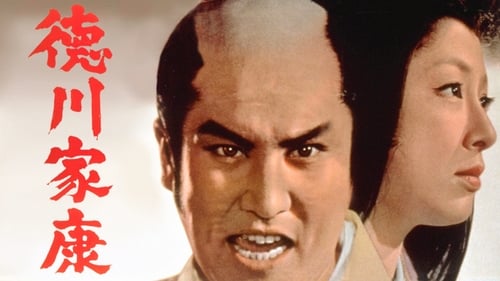
In turbulent 16th-century Japan, the leaders of a minor fief have their child taken from them as a political hostage. His mother and his clan endure years of tribulations until he can return.

A headstrong young man seeks to join the Shinsengumi, but while his determination impresses his superiors, questions begin to arise as to his true identity and intentions.

In this gritty tale of gamblers battling in the samurai era, Okawa Hashizo gives perhaps his greatest performance as a gambler returning to his home town. Swearing allegiance to his fiancée’s father, a decent boss, he had taken to the road after a gang fight until things cooled down. While honing his sword skills in his travels, everything in the town had changed and he descended into a virtual hell of violence. Opponents were being slaughtered by a former samurai ‘Bodyguard’ played by Tanba Tetsuro at the height of his amazing career. While these two master swordsmen are fated to meet, before that can even happen they must survive one of the longest, bloodiest swordfights in movie history!

Four ninja are hired to fight against the Shogunate’s plot to abolish the Gamo Clan, the regional barons struggling to reinstate their young heir Tanemaru as their Lord.
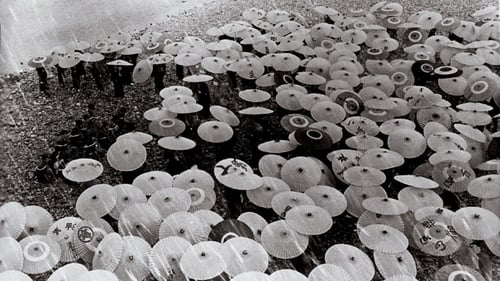
Shûji Sakuma
Assassination begins with the events of 1853 when "four black ships" anchored at Edo Bay, sparking civil unrest and the major political manoeuvring that saw the end of the Tokugawa Shogunate. At a time when assassination had become a disturbing political tool, Shinoda's film follows Hachiro Kiyokawa, an ambitious, masterless samurai whose allegiances drift dangerously between the Shogunate and the Emperor.

Junai Monogatari AKA Story of Pure Love is about two poor youths, Mitsuko and Kando, rebelling against society in various ways, who are desperately trying to be together despite tortuous circumstances. The film depicts their lives as thieves, menial laborers who can get little pay, society outcasts, and of course, lovers. Junai Monogatari depicts, mostly, their struggles within the Japanese reformatory system and Mitsuko's worsening sickness.


















